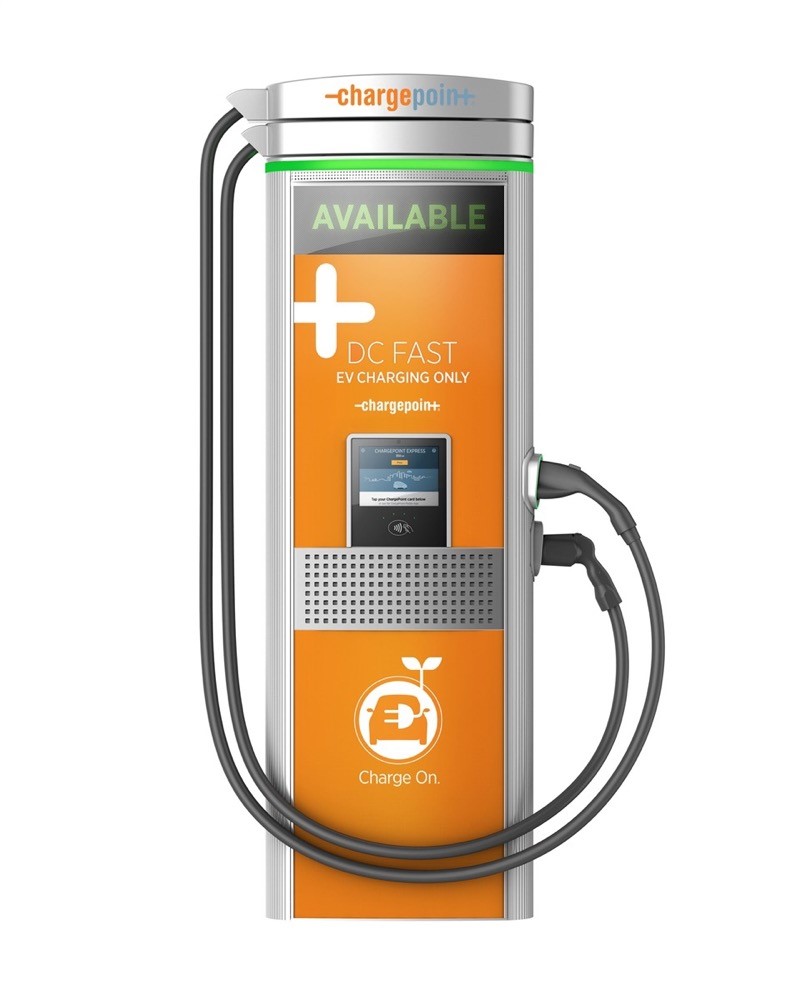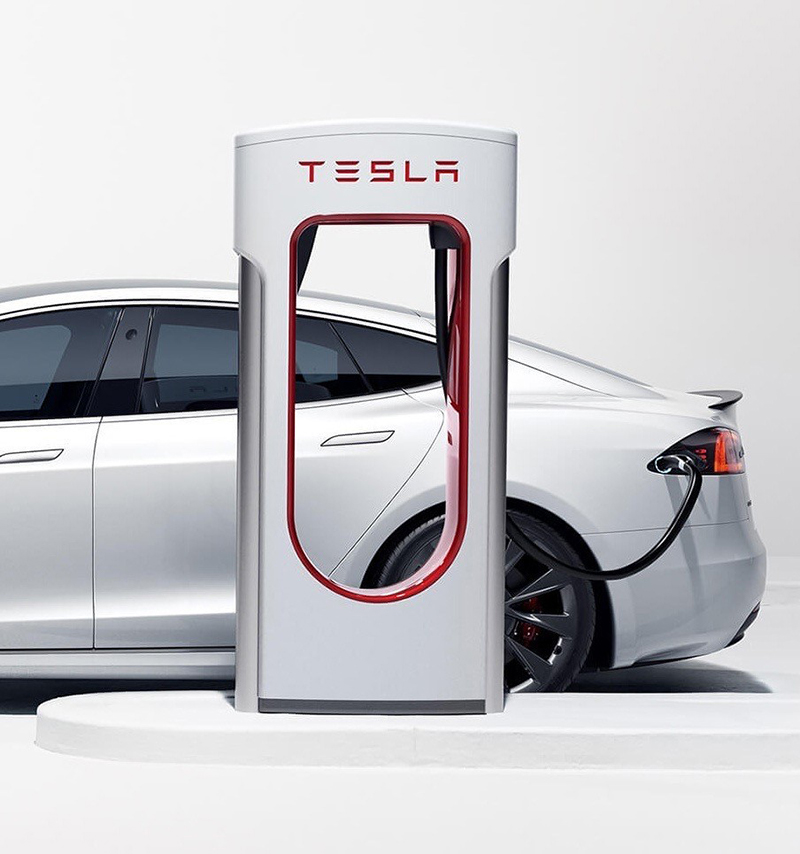- Home
- News
- Policies are overweight, and the European and American charging pile markets have entered a period of rapid development
Policies are overweight, and the European and American charging pile markets have entered a period of rapid development
With the tightening of policies, the charging pile market in Europe and the United States has entered a period of rapid development.
1) Europe: The construction of charging piles is not as fast as the growth rate of new energy vehicles, and the contradiction between the ratio of vehicles to piles is becoming increasingly prominent. The sales of new energy vehicles in Europe will increase from 212,000 in 2016 to 2.60 million in 2022, with a CAGR of 52.44%. The vehicle-to-pile ratio will be as high as 16:1 in 2022, making it difficult to meet the daily charging needs of users.
2) United States: There is a large demand gap for charging piles. Under the background of consumption recovery, the sales of new energy vehicles in the United States resumed rapid positive growth, and the number of new energy vehicles in the United States increased from 570,000 in 2016 to 2.96 million in 2022; the ratio of vehicles to piles in the same year was as high as 18:1. charging pile gap.
3) According to calculations, the market size of charging piles in Europe is expected to reach 40 billion yuan in 2025, and the market size of charging piles in the United States is expected to reach 30 billion yuan, which is a significant increase from 16.1 billion and 24.8 billion in 2022.
4) The European and American markets are priced higher, and the profit margins of pile companies are large, and Chinese pile companies are expected to accelerate their overseas expansion.
On the supply side, product + channel + after-sales, domestic manufacturers have a multi-terminal and characteristic layout.
1) Products: Overseas charging pile products have strict technical requirements and a long certification cycle. Passing certification only means obtaining a “product passport”. To expand overseas markets, domestic manufacturers still need to consolidate product and channel advantages. At present, power module manufacturers are the first to realize their products going overseas, and the whole pile of enterprises is gradually expanding to the upstream field.
2) Channels: At this stage, my country’s pile companies tend to be based on their own business characteristics and advantages, deeply bound to a specific channel to complete overseas market development.
3) After-sales: my country’s pile companies have shortcomings in overseas after-sales. Building an after-sales network is the key to long-term success. It provides users with the ultimate service experience in the whole process from purchase to after-sales, so as to enhance the competitive advantage of charging piles in overseas markets.
In terms of competitive landscape, Europe is scattered and North America is concentrated.
1) Europe: Although the public charging market is dominated by operators, there are many participating manufacturers and the gap is small, and the industry concentration is low; the development of the fast charging market dominated by car companies is extremely uneven. Chinese pile companies can actively use their own technology and Channel advantage enables products to go overseas, and deploys European fast charging business in advance.
2) North America: The charging pile market in North America has obvious head effects. ChargePoint, a leading asset-light operator, and Tesla, a global new energy leading car company, are focusing on the deployment of fast charging networks. High market concentration creates high competition barriers, making it difficult for manufacturers from other countries to enter big.
Looking forward to the future, fast charging + liquid cooling, the development trend of charging piles going overseas is clear.
1) Fast charging: High-voltage fast charging is a new trend in the evolution of energy supplement technology. Most of the current DC fast charging facilities in the market have a power between 60kW and 160kW. In the future, it is expected to promote fast charging piles above 350kW into practical use. my country’s charging module manufacturers have rich technical reserves, and are expected to accelerate the layout of overseas high-power modules and seize market share in advance.
2) Liquid cooling: In the context of increased power of fast-charging piles, traditional air-cooling methods are difficult to meet the heat dissipation requirements of high-power charging modules; from the perspective of the entire life cycle, liquid-cooled modules can reduce economic losses caused by harsh environments and reduce post-maintenance and maintenance costs. The operating cost generated by the maintenance, the comprehensive cost is not high, which is conducive to increasing the final income of charging pile operators, and will also become a high probability choice for Chinese pile enterprises to go overseas.

